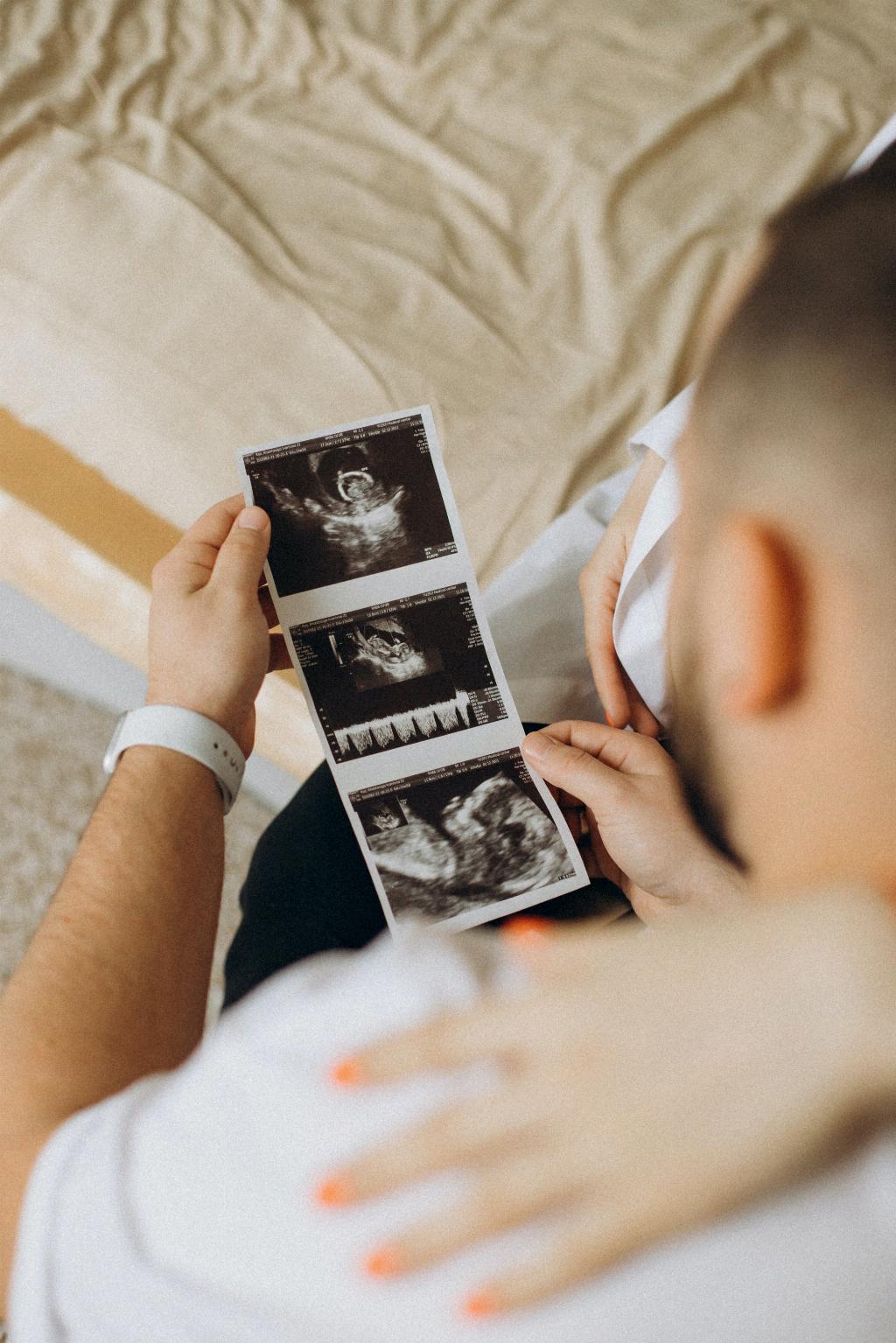Experiencing pain around the umbilical cord area during pregnancy can be a concerning and uncomfortable sensation for expectant mothers. The presence of pain in this region can stem from various factors, some of which are considered normal occurrences during pregnancy, while others may signify underlying issues that require medical attention.
Normal Causes of Umbilical Pain
One of the common causes of umbilical pain during pregnancy is the natural process of the uterus expanding to accommodate the growing fetus. As the uterus expands, the skin around the abdomen, including the area near the umbilical cord, stretches to accommodate the developing baby.
Exploring Uncomfortable Symptoms
When the skin stretches, it can lead to discomfort in the form of pain or tenderness around the umbilical region. This discomfort is often described as a pulling or stretching sensation and is considered a normal part of the physical changes that occur during pregnancy.
Signs of More Serious Conditions
While some umbilical pain is attributed to the natural growth and stretching of the abdomen, persistent or severe pain in the umbilical area should not be ignored. In certain cases, umbilical pain during pregnancy can be a sign of more serious conditions that require medical evaluation and treatment.
Consulting with Healthcare Providers
It is essential for pregnant individuals experiencing significant or concerning umbilical pain to seek guidance from their healthcare providers. Obstetricians and midwives can assess the nature of the pain, conduct examinations, and provide appropriate recommendations based on individual circumstances.
Monitoring Changes and Symptoms
Tracking the frequency, intensity, and duration of umbilical pain can aid healthcare professionals in diagnosing potential issues. Monitoring associated symptoms such as bleeding, fever, or unusual discharge can also offer valuable insights into the underlying cause of the discomfort.
Common Discomforts during Pregnancy
Throughout pregnancy, individuals may encounter various discomforts and pains as their bodies undergo significant changes to support the growing fetus. Understanding the difference between normal discomforts and potential indicators of complications is essential for maternal well-being.
Seeking Support and Resources
Connecting with other expectant mothers, participating in prenatal classes, and accessing reputable sources of information can empower individuals to navigate the challenges and uncertainties of pregnancy. Building a support network can provide emotional reassurance and valuable insights.
Embracing Self-Care Practices
Engaging in self-care practices such as gentle exercises, adequate rest, balanced nutrition, and stress management techniques can contribute to overall physical and emotional well-being during pregnancy. Prioritizing self-care can help alleviate discomforts and promote a positive pregnancy experience.
Individualized Guidance and Recommendations
Every pregnancy is unique, and the experience of umbilical pain can vary among individuals. Consulting with healthcare providers allows for personalized guidance, tailored recommendations, and timely interventions to address any concerns or symptoms that arise during pregnancy.
Embracing the Journey of Pregnancy
While experiencing umbilical pain during pregnancy can be unsettling, it is important to approach the journey with mindfulness, self-awareness, and proactive healthcare management. By staying informed, seeking support, and prioritizing maternal health, expectant individuals can navigate the complexities of pregnancy with confidence and resilience.
Final Thoughts on Umbilical Pain in Pregnancy
In conclusion, feeling pain in the umbilical cord area during pregnancy can be a common experience attributed to the physical changes and growth processes occurring within the body. While some discomfort is considered normal, persistent or severe pain warrants medical attention to rule out any underlying complications and ensure the well-being of both the expectant parent and the developing baby.

